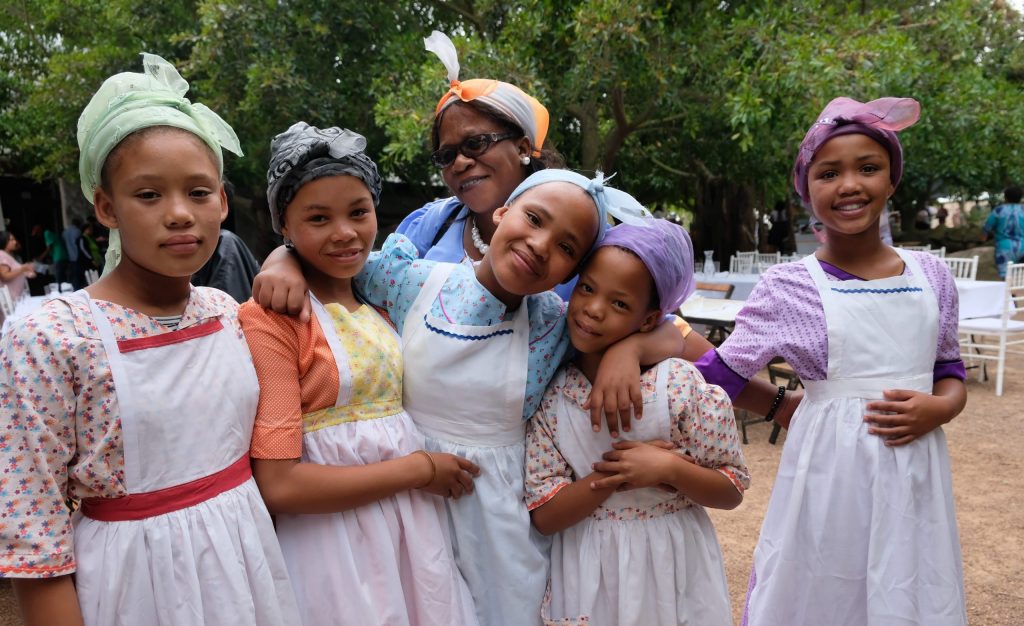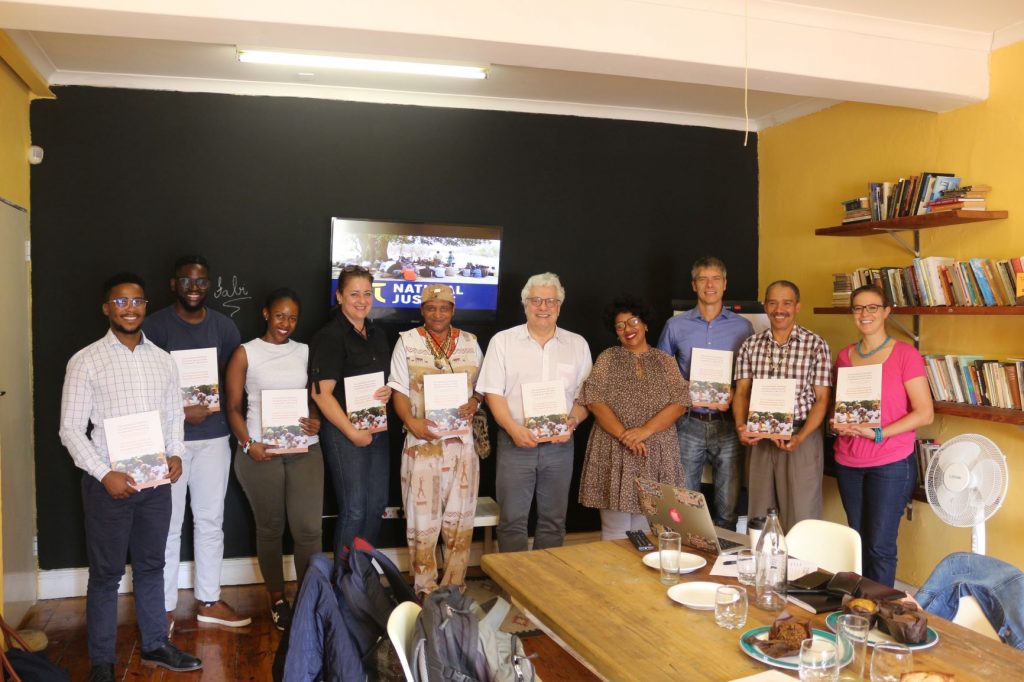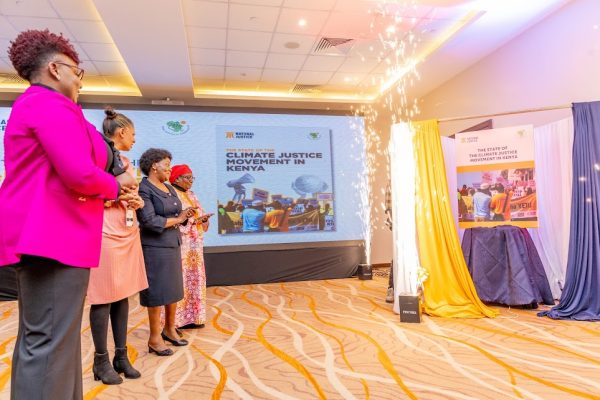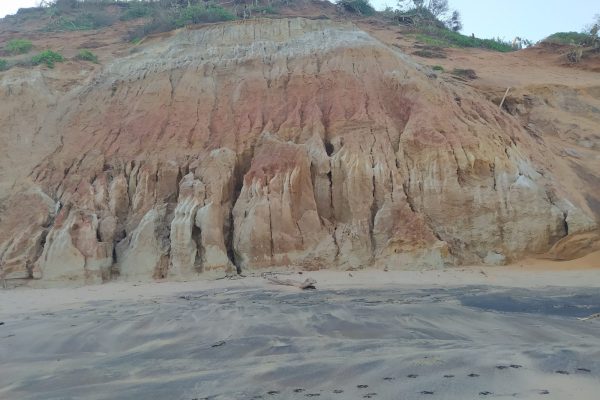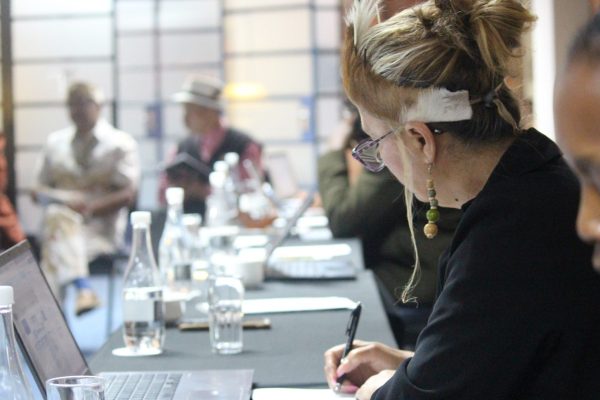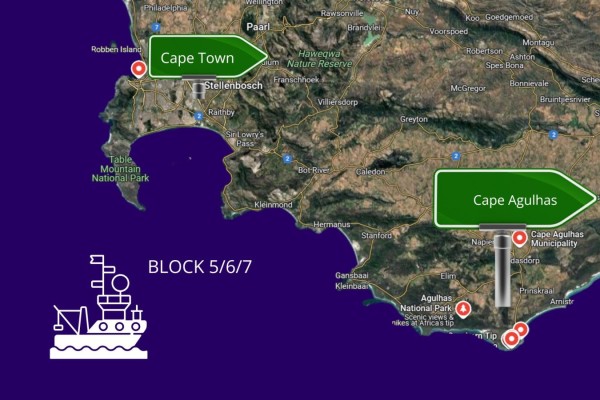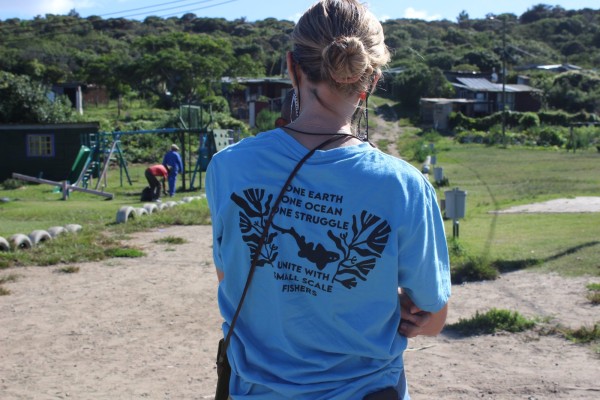The journey with the National Khoisan Council, who were the drivers of the Biocultural Community Protocol (BCP) process, began in 2012 and became an overarching policy process parallel to the historic industry-wide Rooibos benefit-sharing negotiations which were unfolding at the same time (more on this here). The National Khoisan Council decided to develop a Community Protocol with the objective of articulating who the Khoisan communities are as non-recognised African indigenous communities in South Africa.
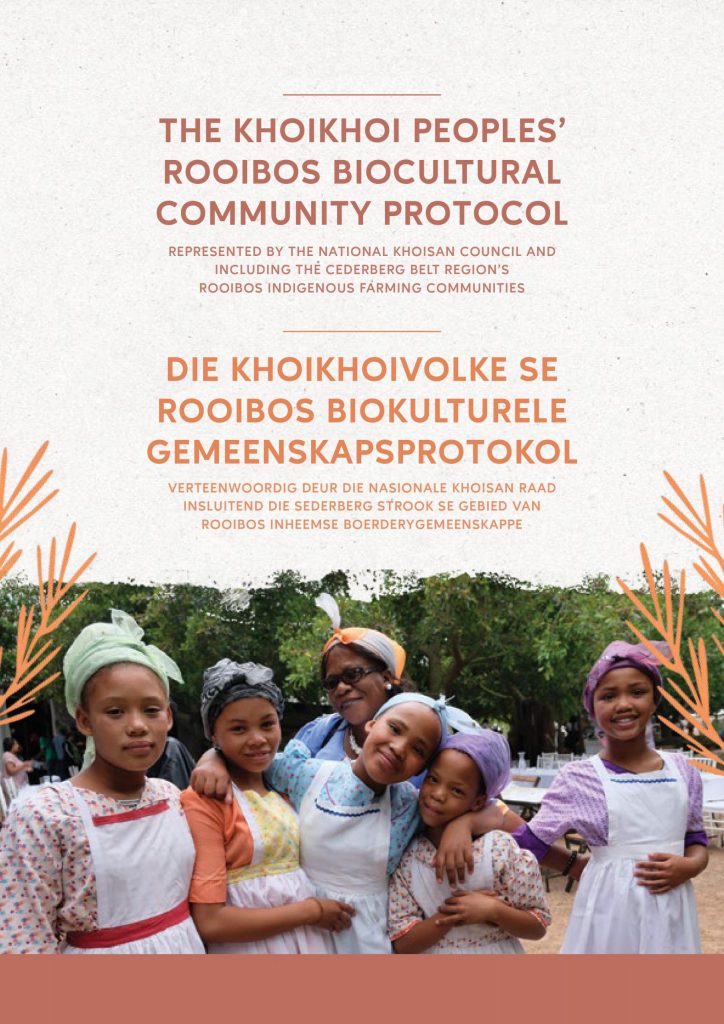
By 2013, they had identified the priority issues which they wanted the BCP to address, but upon entering into the negotiations with the rooibos industry, they decided to focus specifically on ABS; also, because sustainable trade had become an increasingly key priority with the domestication of Nagoya Protocol in South Africa. Hence, this BCP has a specific focus on rooibos and the benefits that are to be derived from the use of the Khoikhoi and San peoples’ knowledge of rooibos.
However, like other BCPs, there is also a specific focus on the identity and history of the community, an articulation of their rights as indigenous peoples and it provides policy guidance to gaining community consent for the use of their knowledge and resources. It also sets out how Khoikhoi and farming communities can apply to access the benefits derived from the Benefit Sharing agreement. The BCP is a legal document for the Khoikhoi peoples of South Africa and can provide clarity on their rights and their relationships with external actors seeking to commercialise, publish and research their knowledge.
The BCP also acts as a cultural resource for over 30 communities. It establishes Rooibos not merely as an agricultural commodity for sale, but a customary resource with many properties, which is intimately connected to the Khoikhoi peoples. This process also allowed the Cederberg’s indigenous farming communities to contend with their indigenous identity. It allowed these stewarding communities to be active negotiators with the Rooibos industry.
“What I have learnt from this process, is that customary law is as strong as any other law in the court of law. And that anybody who wants to have access to your natural resources needs to have the consent of the community (not an individual) to protect the interest of the community’s biocultural resources and avoid exploitation of their knowledge in this regard.”
— Barend Salomo, indigenous rooibos farmer
“It was so important to witness how communities take their power back through restoring rights and knowledge that was taken and misappropriated centuries ago. BCPs allow them to rebuild their lives on their own terms in a legal process that is locally grounded. This BCP co-creates their new beginning.”
— Lesle Jansen, indigenous lawyer
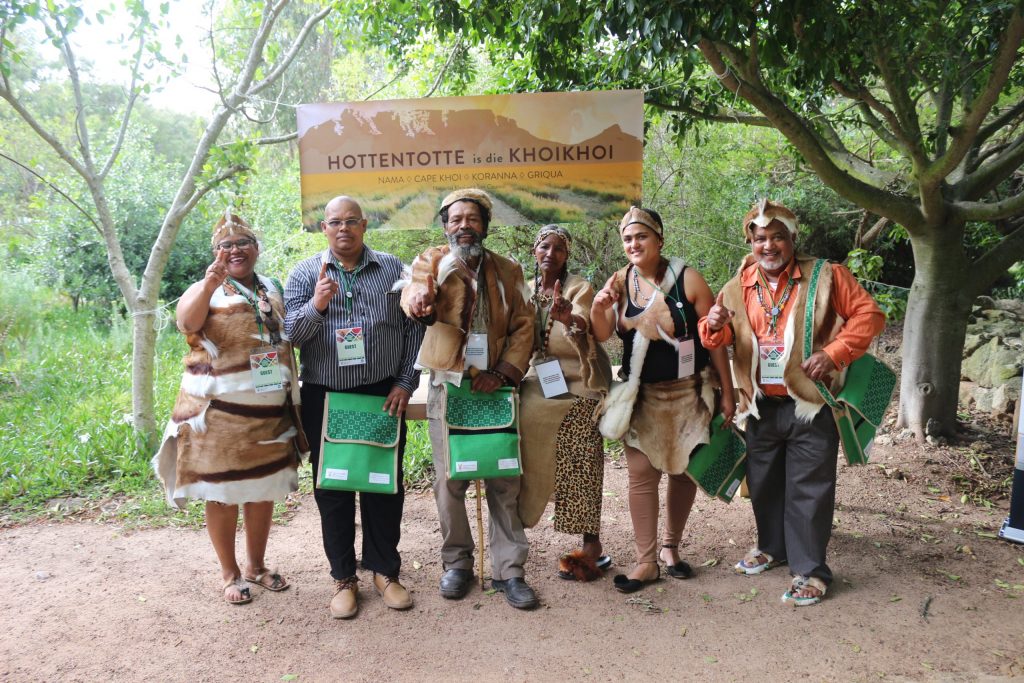
Things you need to know about the Rooibos BCP
- The BCP was written by a number of people over a period of time in the Rooibos advocacy process, predominantly NKC members, and technically supported by legal practitioners. The BCP is owned by the Khoikhoi peoples, which includes the indigenous rooibos farming communities of the Cederberg who are not only knowledge holders but stewards of Rooibos. It contains a history of the Khoikhoi people as told through the voices of the Khoikhoi members of the NKC and the Cederberg farming communities.
- Rooibos is an indigenous plant species in South Africa that forms part of a multi-million-rand global industry in cosmetic, medicinal and beverage products. It is also a registered geographical indicator giving it similar status to resources such as champagne, tequila and karoo lamb. Whilst this industry is over 200 years old, the conclusion of the rooibos agreement provides recognition to the Khoikhoi and San as the original inventors of its “first knowledge”. The South African rooibos industry will now pay an annual traditional knowledge levy for the use of this knowledge.
- “Community protocols” is a term that covers a broad array of expressions, rules and practices generated by communities to set out how they expect other stakeholders to engage them. They may reference customary law, which is an important and equally valid source of national law as affirmed through our Constitutional Court. It draws on international law to affirm their rights to be approached according to a certain set of legal standards. Through BCPs, communities can focus on their development aspirations and articulate their bio-cultural heritage on their own terms.
- The audience for the Rooibos BCP is the Khoikhoi and the Cederberg Rooibos indigenous farming communities of South Africa, fellow knowledge holders, shared knowledge holders, as well as members of the public, legal practitioners, students and filmmakers, researchers and those seeking to access benefits from the ABS agreement.
- The BCP contains a section on the rights of the Khoikhoi people in relation to international and South African law. South Africa developed key national legislation recognising community protocols as valid community tools for consent. Community protocols are, therefore, a legal tool expressing our local communities’ living customary law. The Rooibos BCP explains how external actors may gain consent to use the knowledge of the Khoikhoi in relation to Rooibos.
- People may not approach individuals in order to be provided with collective knowledge. It sets out how community entry is to occur for the purposes above. The BCP sets out the basis for future internal community regulatory measures for external actors.
“The way forward for us is to make sure that we disseminate this information to all our communities and that we work together with them to find the best ways in which we can share the benefits that will arise from the BS agreement.”
— Cecil le Fleur, Chairperson of the National Khoisan Council
Find the BCP here
We thank our partners: The ABS Capacity Development Initiative, Heinrich Böll Stiftung and Open Society Initiative for Southern Africa.
